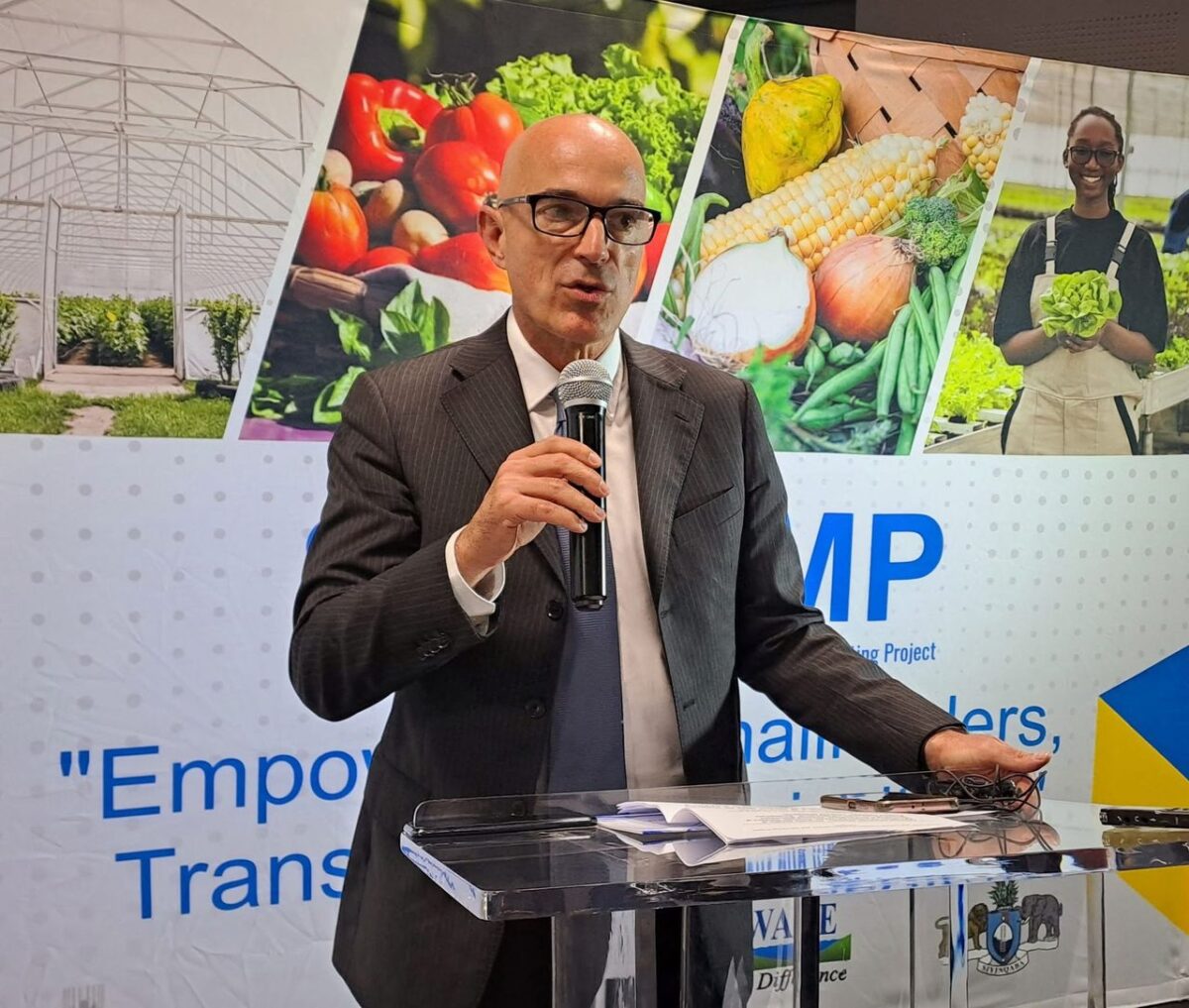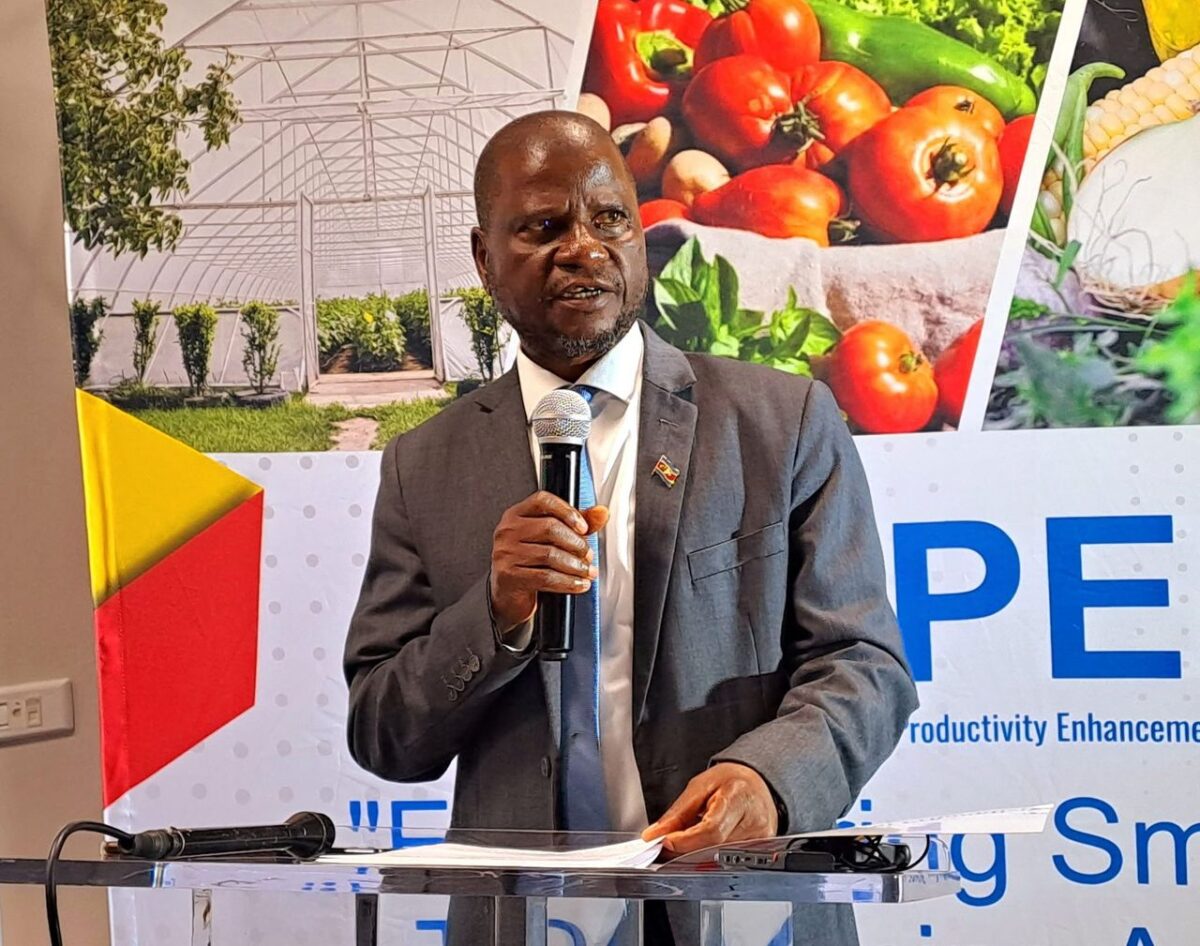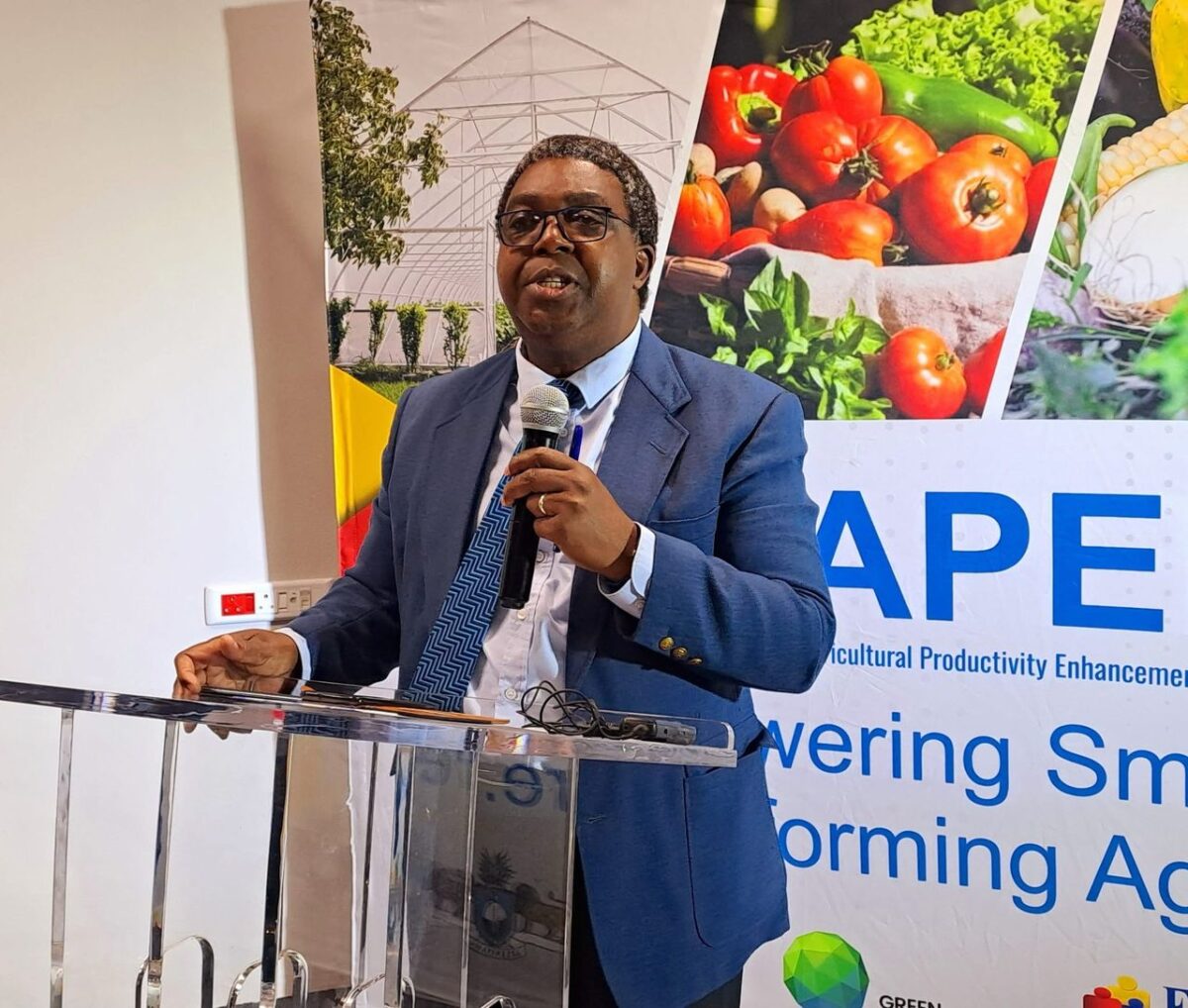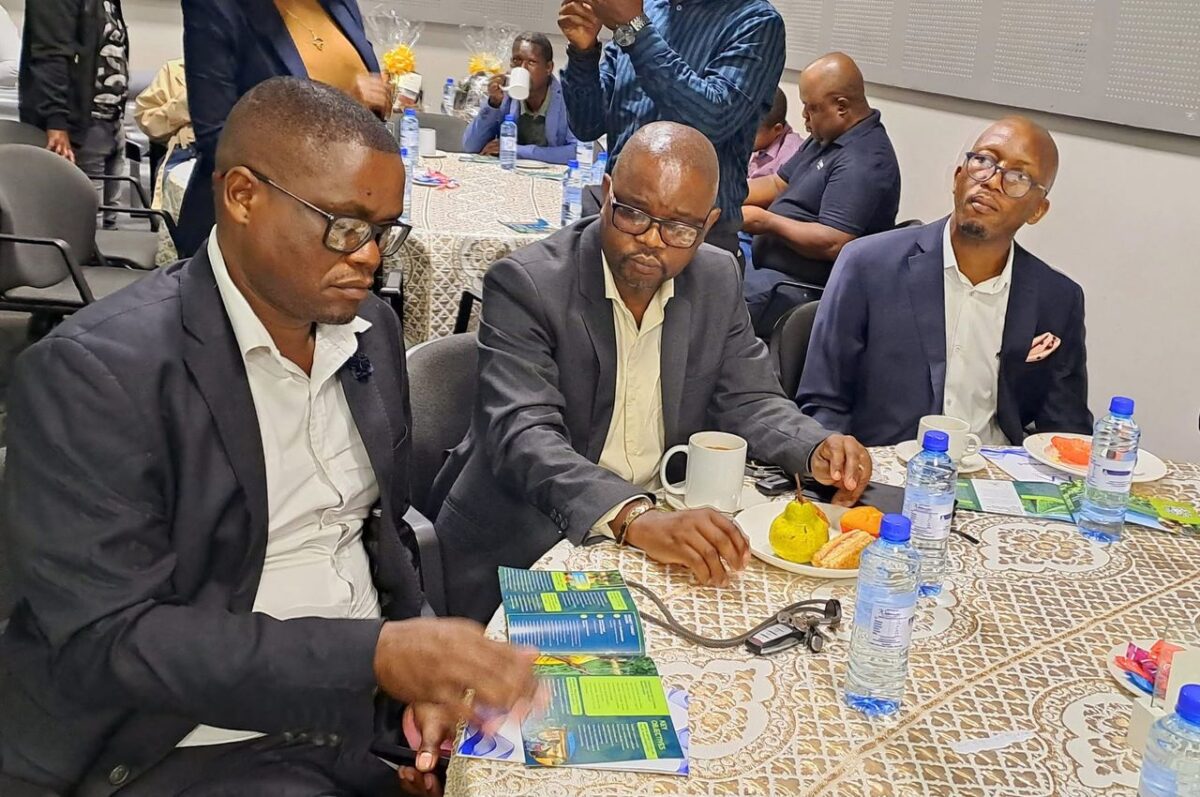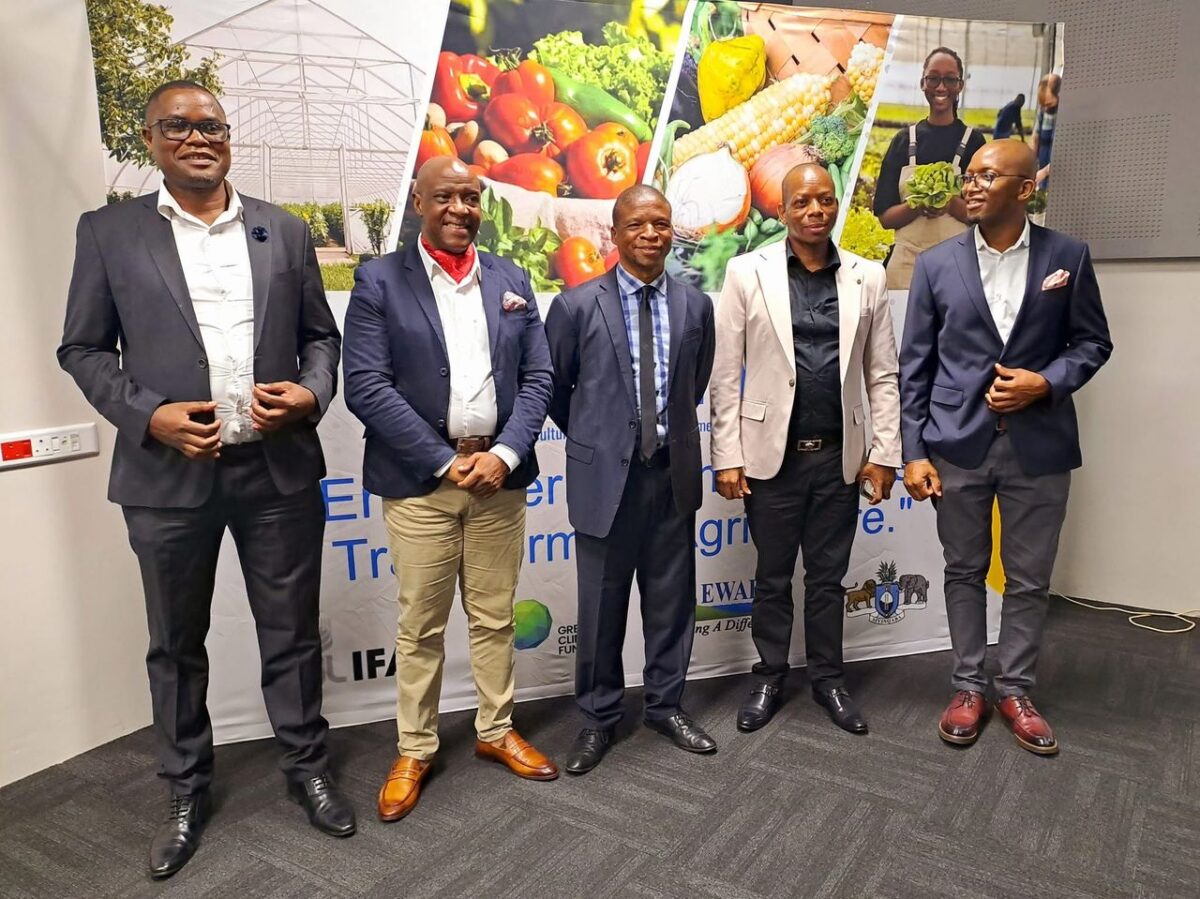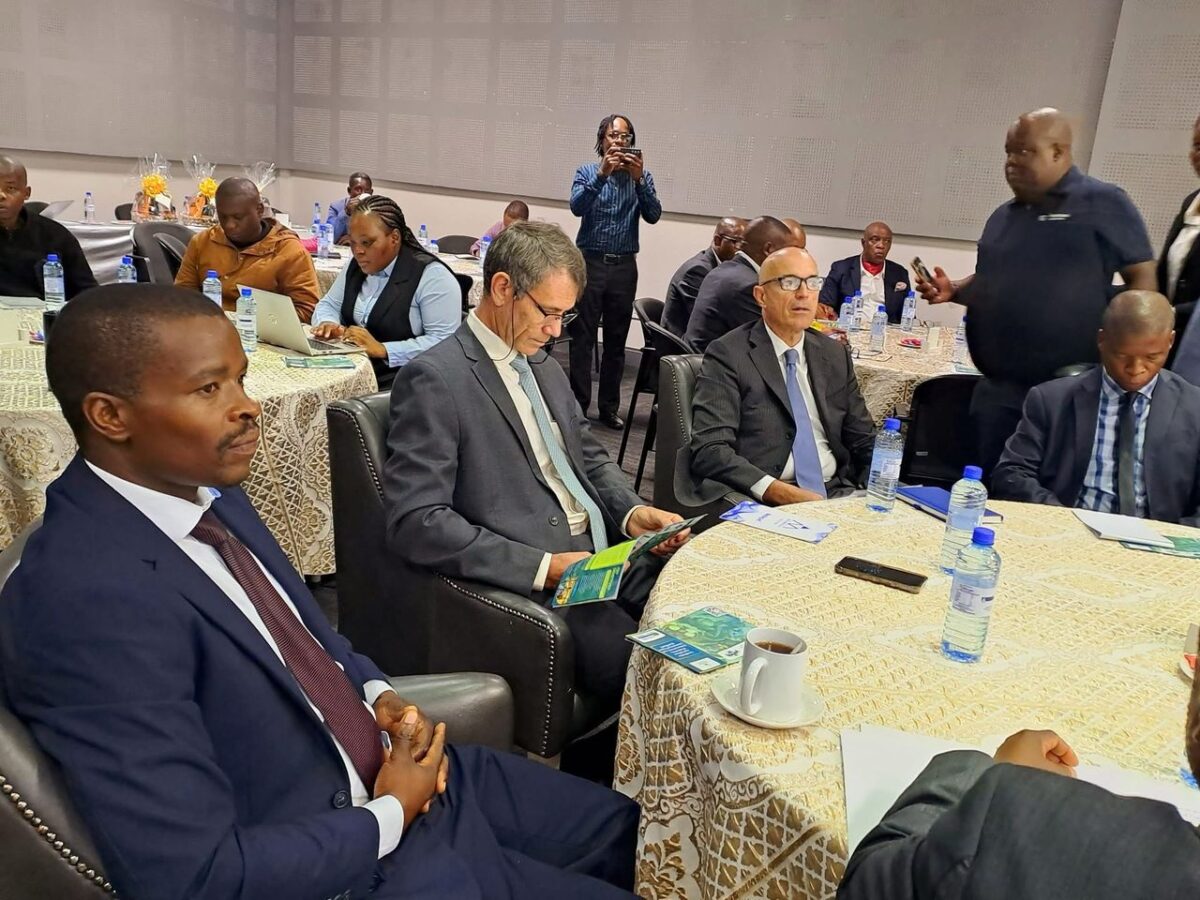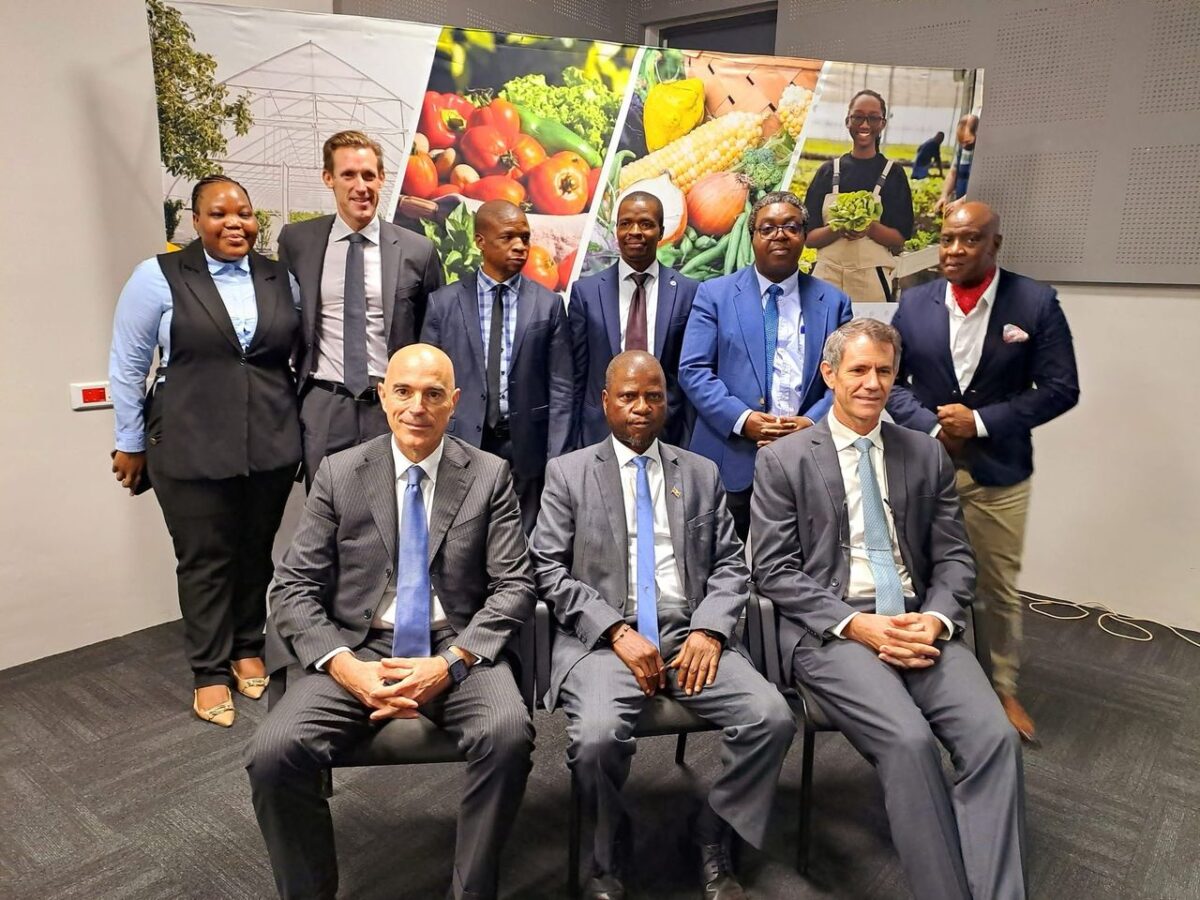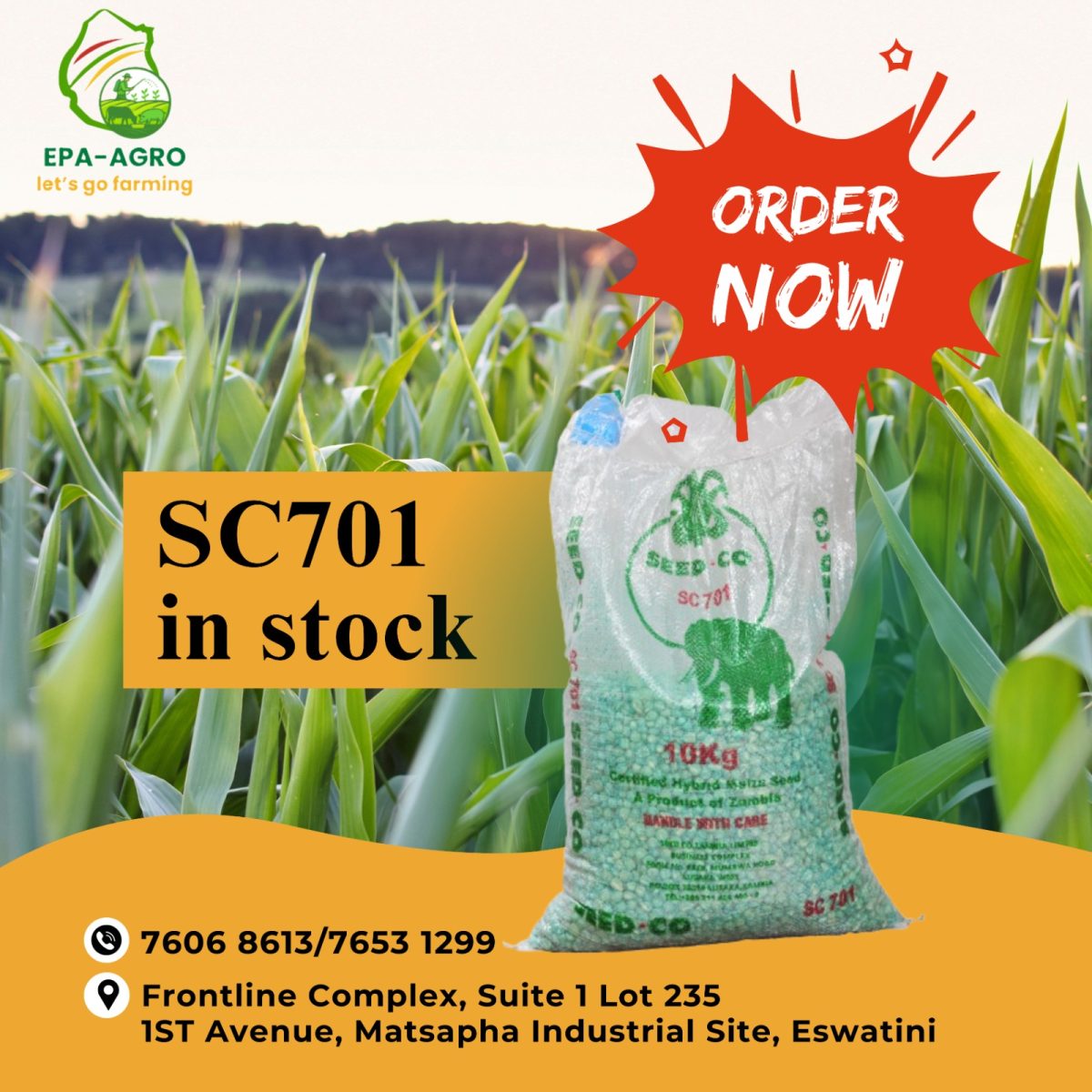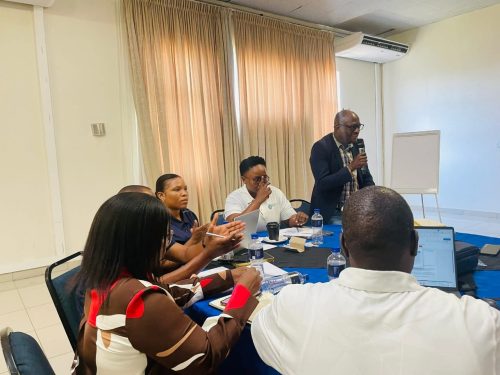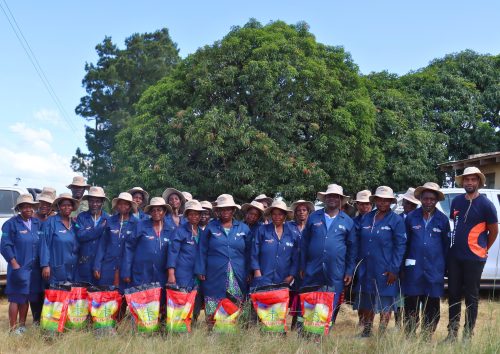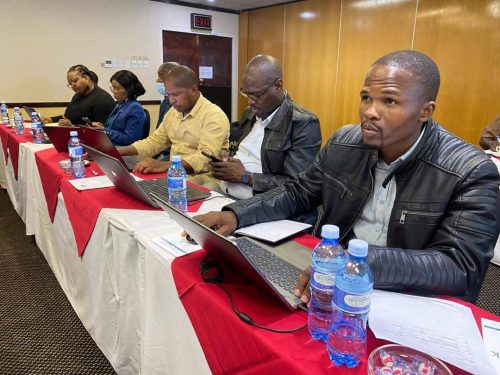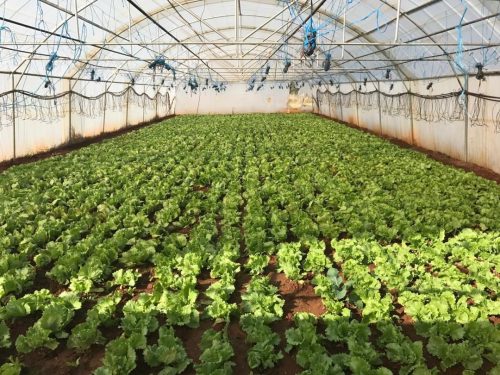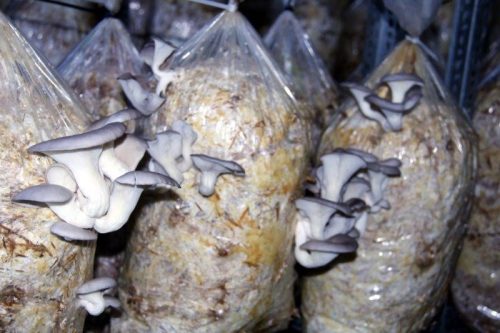BY SIKHULILE DLAMIN
In a bold step toward rural transformation, the Ministry of Agriculture in partnership with the Eswatini Water and Agricultural Development Enterprise (EWADE) officially launched the Smallholder Agriculture Productivity Enhancement and Marketing Project (SAPEMP) — a flagship initiative valued at E851 million aimed at increasing smallholder farmers’ productivity, market access, and resilience.
Funded by the International Fund for Agricultural Development (IFAD) with co-financing from the Green Climate Fund (GCF), SAPEMP will run from 2025 to 2033, directly impacting an estimated 19,600 households, or approximately 117,700 people.
Flagship Project Anchored in National Priorities
Speaking at the launch, Minister of Agriculture Mandla Tshawuka described SAPEMP as a flagship programme that breathes life into Eswatini’s broader strategic vision for agricultural development.
“Our five-year strategy seeks to attain food sovereignty and create wealth for Emaswati,” he said. “SAPEMP supports two of our strategic pillars — food sovereignty and employment creation — by directly investing in farmers and linking them to markets.”
He confirmed that SAPEMP will support women (40%), youth (30%), and vulnerable groups including persons with disabilities (5%), acknowledging their historic exclusion from agricultural finance and markets.
“These groups are often sidelined, yet they hold the key to unlocking inclusive growth in agriculture. Through this programme, they will have access to coaching, resources, and value chain opportunities,” he added.
The Minister also revealed ongoing negotiations with IFAD to secure an additional $14.23 million (E263 million) for the construction of small and medium-sized dams to bolster Eswatini’s Agri-Food systems against climate shocks.
IFAD: Strengthening Climate Resilience and Commercialization
Delivering IFAD’s remarks, Country Director Francesco Rispoli praised the Government of Eswatini for its continued collaboration and emphasized IFAD’s long-standing partnership with the country dating back to 1983.
“SAPEMP is designed to tackle the root causes of low productivity and limited market access — from climate vulnerability to a lack of business orientation among smallholder farmers,” he said. “It will support coordinated production and connect farmer clusters to Anchor Enterprises in win-win business relationships.”
Rispoli stressed that SAPEMP is aligned with IFAD’s 2022–2027 Country Strategy, which places emphasis on climate resilience, women’s empowerment, and youth employment.
He also commended EWADE for its swift preparations and capacity to lead implementation, building on its recent success with the Smallholder Market-Led Project, which reached 90,000 beneficiaries.
Tackling the Challenges of Smallholder Agriculture
SAPEMP is a direct response to the challenges that plague Eswatini’s smallholder sector — including overreliance on rainfed agriculture, low access to finance, poor coordination among farmers, and environmental degradation.
With agriculture contributing just 8% to GDP yet supporting over 70% of rural households, the project is a timely intervention to unlock the sector’s full potential.
Contributing to the SDGs and National Development Plans
SAPEMP is fully aligned with Eswatini’s Second Generation National Agricultural Investment Plan (ENAIP) and the UN Sustainable Development Goals (SDGs) — particularly:
- SDG 1: No Poverty
- SDG 2: Zero Hunger
- SDG 5: Gender Equality
- SDG 8: Decent Work and Economic Growth
- SDG 13: Climate Action
“By improving productivity, linking farmers to markets, and promoting climate-smart agriculture, SAPEMP is a powerful tool to transform rural livelihoods and drive inclusive economic growth,” said Minister Tshawuka.
A Call to Action
Both leaders called on all stakeholders — government agencies, the private sector, development partners, and farmer groups — to collaborate closely in ensuring successful implementation.
“Let us walk this journey together,” the Minister urged. “We are sowing the seeds of transformation — to build a productive, competitive, and sustainable agricultural sector for generations to come.”
Photo credit: Ministry of Agriculture



